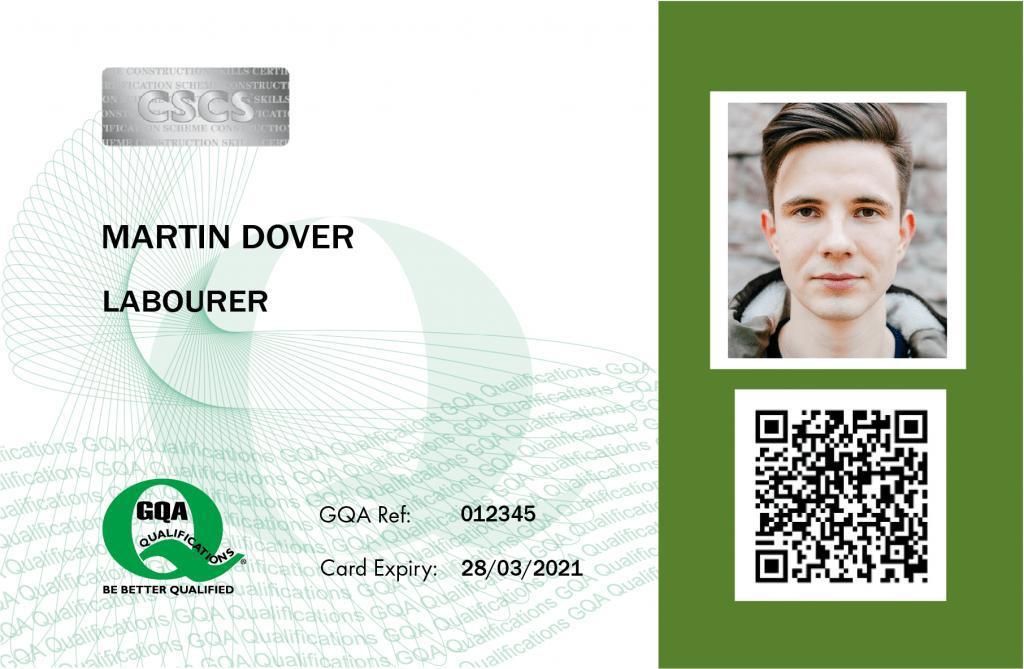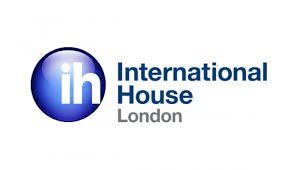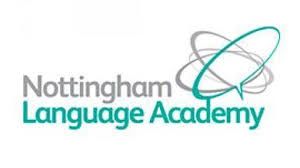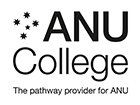
Building Rapport and Trust in Coaching Relationships
Course ID: 2512150101041ESH
Course Dates : 15/12/25 Course Duration : 5 Studying Day/s Course Location: London, UK
Language: Bilingual
Course Category: Professional and CPD Training Programs
Course Subcategories: Operations and Process Excellence
Course Certified By: ESHub CPD & LondonUni - Executive Management Training
* Professional Training and CPD Programs
Leading to:
Executive Diploma Certificate
Leading to:
Executive Mini Masters Certificate
Leading to
Executive Masters Certificate
Certification Will Be Issued From :
From London, United Kingdom
Course Information
Introduction
The art of building rapport and trust is foundational to successful coaching relationships, yet it remains one of the most nuanced and challenging skills to master. In professional settings, coaching has emerged as a critical tool for fostering growth, enhancing performance, and driving organizational success. Whether in leadership development, team dynamics, or individual goal-setting, the ability to establish meaningful connections with clients or colleagues can significantly impact outcomes. This course addresses the pivotal role of rapport and trust in creating an environment where individuals feel safe, understood, and motivated to achieve their potential.
In many industries, professionals face challenges when attempting to build authentic connections. Miscommunication, cultural differences, and varying expectations often act as barriers to effective coaching. For instance, a case study involving a global consulting firm revealed that despite having highly skilled coaches, client satisfaction scores were low due to perceived disengagement. Upon analysis, it became evident that the root cause was a lack of trust and rapport between coaches and clients. By addressing these gaps through structured learning, this course equips participants with strategies to overcome such obstacles systematically.
Theories such as Carl Rogers’ Person-Centered Approach emphasize the importance of empathy, genuineness, and unconditional positive regard in fostering trust. Similarly, Stephen Covey’s concept of “emotional bank accounts” highlights how small, consistent actions contribute to building relational capital over time. These frameworks underscore the necessity of intentionality in cultivating coaching relationships. Participants will explore these theories alongside contemporary trends, such as the rise of virtual coaching platforms, which demand new approaches to establishing connection and credibility.
Mastering the content of this course offers profound benefits for both individuals and organizations. On a personal level, participants will enhance their interpersonal skills, enabling them to navigate complex interactions with confidence and authenticity. For organizations, investing in employees who excel at building trust leads to improved collaboration, higher employee retention rates, and increased productivity. A real-world example comes from a multinational corporation that implemented trust-building workshops across its leadership teams, resulting in a 25% increase in cross-departmental projects within six months.
Despite its importance, there exists a notable gap in formal training programs dedicated to teaching rapport and trust-building techniques specifically tailored for coaching contexts. Many practitioners rely on intuition or trial-and-error methods, which may not yield consistent results. This course bridges that gap by providing evidence-based strategies, practical tools, and opportunities for experiential learning. Through interactive sessions, participants will practice applying these techniques in simulated scenarios, ensuring they are prepared to implement them effectively in real-life situations.
By the end of this program, participants will possess a comprehensive toolkit for fostering deep, lasting relationships in their coaching practice. They will leave equipped not only with theoretical knowledge but also with the confidence to adapt their approach to diverse personalities, cultures, and contexts. This course represents an invaluable opportunity for those seeking to elevate their coaching capabilities and make a meaningful impact in their professional sphere.
Objectives
By attending this course, participants will be able to:
Analyze the psychological principles underlying rapport and trust in coaching relationships.
Evaluate different communication styles and their impact on relationship-building.
Design personalized strategies to establish emotional safety and credibility with clients.
Apply active listening techniques to enhance understanding and connection during coaching sessions.
Implement non-verbal cues and body language to reinforce trust and engagement.
Create action plans for addressing cultural and contextual differences in coaching relationships.
Assess the effectiveness of rapport-building efforts using feedback loops and self-reflection tools.
Who Should Attend?
This course is ideal for:
Executive coaches, life coaches, and career coaches looking to refine their interpersonal skills.
HR managers and talent development specialists responsible for mentoring and guiding employees.
Team leaders and supervisors seeking to strengthen relationships within their teams.
Consultants and educators working in collaborative environments requiring high levels of trust.
Professionals transitioning into coaching roles or pursuing certification in coaching methodologies.
These groups will find the course valuable because it directly addresses the need for enhanced relational competencies in their daily interactions. While the material assumes some familiarity with basic coaching concepts, it is designed to accommodate beginners and intermediate learners alike, making it accessible to a wide range of participants.
Training Method
• Pre-assessment
• Live group instruction
• Use of real-world examples, case studies and exercises
• Interactive participation and discussion
• Power point presentation, LCD and flip chart
• Group activities and tests
• Each participant receives a 7” Tablet containing a copy of the presentation, slides and handouts
• Post-assessment
Program Support
This program is supported by:
* Interactive discussions
* Role-play
* Case studies and highlight the techniques available to the participants.
Daily Agenda
Daily Schedule (Monday to Friday)
- 09:00 AM – 10:30 AM Technical Session 1
- 10:30 AM – 12:00 PM Technical Session 2
- 12:00 PM – 01:00 PM Technical Session 3
- 01:00 PM – 02:00 PM Lunch Break (If Applicable)
- Participants are expected to engage in guided self-study, reading, or personal reflection on the day’s content. This contributes toward the CPD accreditation and deepens conceptual understanding.
- 02:00 PM – 04:00 PM Self-Study & Reflection
Please Note:
- All training sessions are conducted from Monday to Friday, following the standard working week observed in the United Kingdom and European Union. Saturday and Sunday are official weekends and are not counted as part of the course duration.
- Coffee and refreshments are available on a floating basis throughout the morning. Participants may help themselves at their convenience to ensure an uninterrupted learning experience Provided if applicable and subject to course delivery arrangements.
- Lunch Provided if applicable and subject to course delivery arrangements.
Course Outlines
Foundations of Rapport and Trust
Introduction to key theories (e.g., Carl Rogers’ Person-Centered Approach).
Understanding the neuroscience of trust and connection.
Identifying common barriers to building rapport.
Role-playing exercises to practice initial contact strategies.
Day 2:
Communication Skills for Connection
Mastering verbal communication techniques for clarity and empathy.
Exploring the role of active listening in building trust.
Recognizing and adapting to different communication styles.
Practicing reflective questioning to deepen understanding.
Day 3:
Non-Verbal Cues and Emotional Intelligence
The science behind non-verbal communication.
Using body language to convey openness and sincerity.
Developing emotional intelligence for better client engagement.
Group activities to identify subtle non-verbal signals.
Day 4:
Cultural Competence and Contextual Awareness
Navigating cultural differences in coaching relationships.
Adapting to generational and gender-specific preferences.
Handling power dynamics and ethical considerations.
Case studies highlighting successful cross-cultural coaching.
Day 5:
Application and Continuous Improvement
Creating personalized action plans for ongoing development.
Utilizing feedback mechanisms to assess progress.
Incorporating technology and virtual platforms into coaching practices.
Final group presentations and peer evaluations.



















































